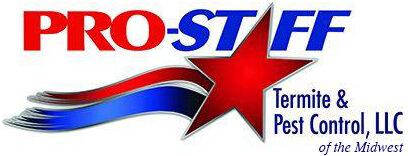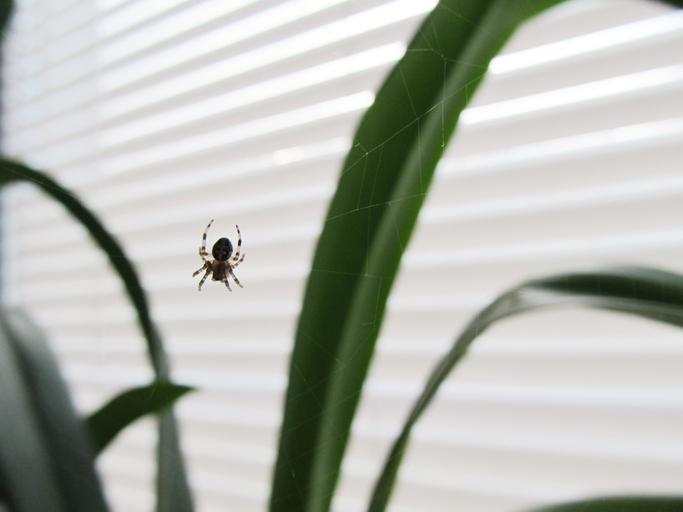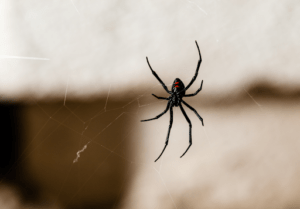Spiders get a bad rap, but they’re some of the most consequential bugs for the environment. They eat many species of insects that can cause serious destruction when their populations are left unchecked. They do this out in nature, and more often than not, they do it inside our homes. Spiders provide a key source of food to birds, lizards and other animals in nature. In homes, their main benefit is the free pest control. However, spider populations can get out of control and become problematic. Some spiders are venomous enough to cause problems if you only encounter one. Read on to learn about what to do if you have spiders in your home.
Identifying Common Spiders
First, you need to figure out what kind of spider you have in your home. These are the most common (and most harmless) spiders you’re likely to see in your home:
- Wolf spiders, the ones with the big beady eyes that you may have seen zoomed in pictures of, which are brown to gray and fuzzy with dark markings
- Cellar spiders, which are gray, tan or white with very small bodies and long lets, often confused for daddy long legs
- House spiders, which are brown spiders with an orange or yellow tint
Each of these spiders can leave unsightly nests in your home, but aside from the nests, they’re likely acting as pest control pros. If you notice a large spider infestation, it’s likely that you have a deeper insect problem that needs to be addressed.
Black widows and brown recluse spiders don’t enter homes often, but when they do, their bites can cause serious damage. Black widows are shiny black spiders with red marks, and their bites can affect the central nervous system.
Brown recluse spiders are brown with small bodies and legs that extend to about the size of a quarter. Their bites ulcerate, which causes the affected area to spread until a person receives medical attention. Look for either of these spiders in shoes and other clothing that has been outside.
Managing Spider Populations
The old cup-and-paper method is the best way to manage spiders in your home if you only find them occasionally. Place a cup over the spider, slide paper under the cup, and bring it outside to carefully release the spider.
Repelling methods like spraying essential oil or lemon juice solutions around the house can scare spiders away. If you must kill the spider, you can spray a mix of white vinegar and water in its direction.
Prevention Techniques
Reducing clutter and maintaining cleanliness will be your first line of defense against spiders. Once you’ve decluttered, swept and vacuumed, seal off entry points to prevent spiders from entering. Indoor and outdoor maintenance, like keeping your garden well-pruned and fixing water leaks, will make your home less hospitable for spiders and other pests.
When to Call a Professional
Professionals need to take over when the number of spiders you see increases dramatically. Seeing a lot of spiders is not a good sign. It could mean that you have created a home that’s too comfortable for spiders. It could also mean that you have another infestation that’s providing ample food for the spider population. Call a professional pest control company to take care of an out-of-control spider problem.
If you’re bitten by a spider and have any symptoms, seek medical attention immediately. It helps to know what type of spider bit you, but if you don’t know, the doctor will quickly be able to tell upon seeing the site of the bite.
Seeing lots of spiders? The Ankeny pest control experts at Pro-Staff can help. Call us at 515-279-7378 or contact us online for a free inspection.


